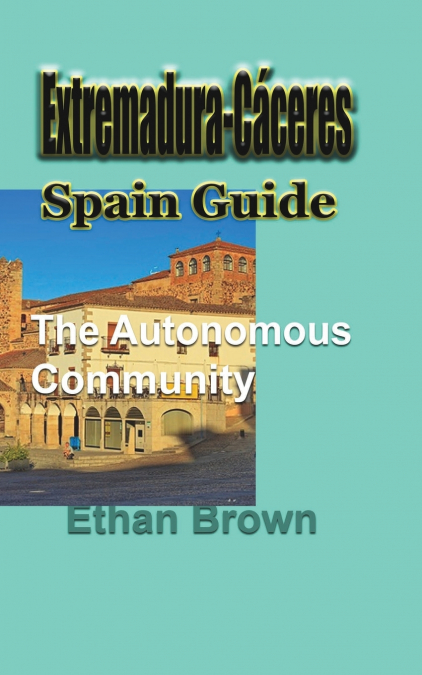
Ethan Brown
Extremadura-Cáceres, Spain Guide. Extremadura Touristic Environment. The regions of Spain are diverse, and each boasts its own unique curiosities. The autonomous community of Extremadura in western Spain is no different. The rolling hills and wild, open land in this region are rich in local culture. To promote its distinct customs and cuisine, the regional government has created a network of museums called the Museos de Identidad, or Museums of Identity, dedicated to some of the foods, festivals and traditions found in Extremadura. Exploring Extremadura-Cáceres is a journey into the heart of old Spain, from the country’s finest Roman ruins to mysterious medieval cities and time-worn villages. Mérida, Cáceres and Trujillo rank among Spain’s most beautifully preserved historical settlements. Extremeño hamlets have a timeless charm, from the remote northern hills to sacred eastern Guadalupe and seductive Zafra on the cusp of Andalucía in the south. Few foreign travellers make it this far. Spaniards, however, know Extremadura as a place to sample some of inland Spain’s best food: roasted meats, the pungent, creamy Torta del Casar cheese and the finest Monesterio jamón (ham). This is a region of broad blue skies and vast swathes of sparsely populated land with isolated farmhouses and crumbling hilltop castles. Wooded sierras rise along the northern, eastern and southern fringes, while the raptor-rich Parque Nacional de Monfragüe is Extremadura’s most dramatic corner.